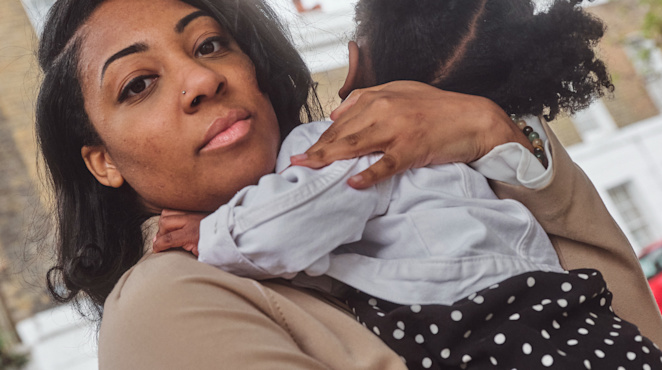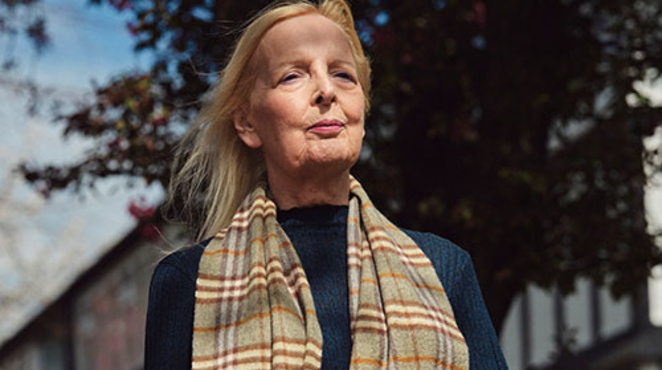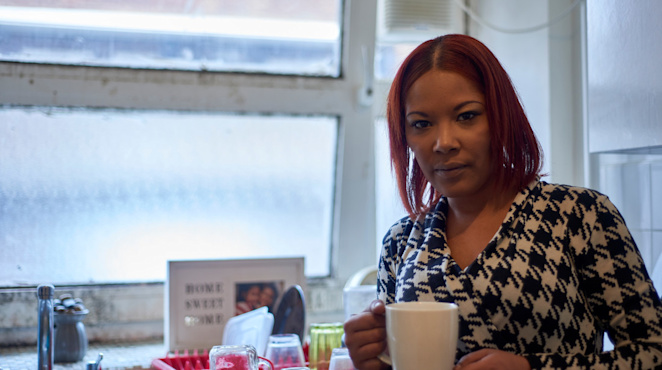Why do people become homeless?
The chronic lack of social housing
Fundamentally, you can’t solve homelessness without homes. Across the country, there is a chronic shortage of social rented homes because, for decades, successive governments have failed to build enough. This has left millions of people and countless communities without access to secure and permanent homes at rents they can afford.






